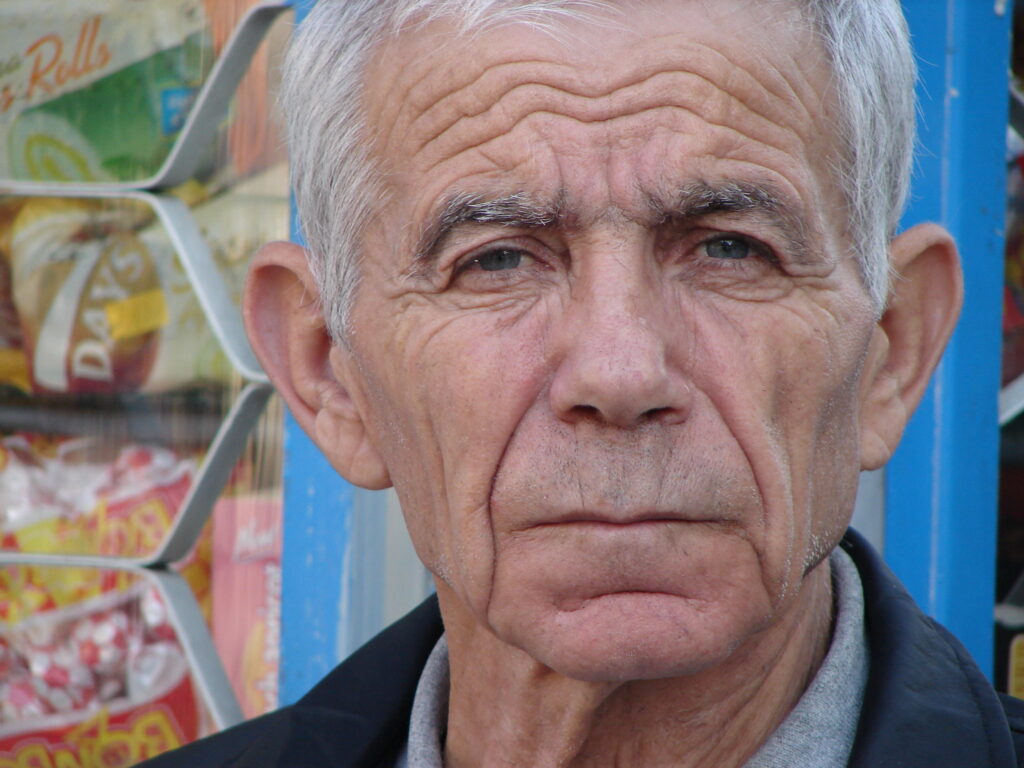Depression in the elderly leads to poorer health, slower recovery and increased death rates from other illnesses, increased suicides, more physical pain, higher health care costs and lower quality of life. Convincing an elder to seek treatment for depression can be tricky but it can improve their quality of life.
Suicide Rates in the Elderly
Suicide is often a tragic side-effect of depression. The suicide rate among those age 65 and older is higher than in any other age group. The rate was 14.3 deaths per 100,000 in 2007, according to NIMH. According to the Centers for Disease Control, in those 85 and older it is twice the national average; in males 75 and older it is 36 per 100,000. Men’s risk increases as they age. Women’s risk for suicide peaks at middle age and then declines.

Why the Elderly Often Don’t Seek Treatment for Depression
Only one-third of older persons who need mental health services actually get them. All of the reasons are not clear but many value stoicism or believe that depression is a sign of weakness or a reason for shame, even though it is a real physiological illness with medical complications, just like diabetes or high blood pressure.
They might also believe their suicidal thoughts are simply realistic based on fears about aging, without realizing that a chemical imbalance may be causing those thoughts. It can be hard to imagine that once the chemistry is corrected, they may no longer feel despondent about their circumstances and may embrace life.
Symptoms of Geriatric Depression
According to the Diagnostic and Statistical Manual of Mental Disorders (DSM IV), the classic symptoms of depression are a sustained period of:
- loss of interest in pleasurable activities including sex
- decreased energy
- difficulty concentrating
- suicidal thoughts
- inappropriate guilt, feelings of worthlessness
- irritability, restlessness
- weeping and teariness
- anxiety
- sleeping too much or too little
- eating too much or too little
Depression often shows up in seniors as:
- memory loss
- chronic pain
- vague physical symptoms and medical complaints
- irritability and restlessness
- feeling like one is going to die
- increased use of medical services
If the elder is bothered by memory loss or pain, it can help to explain that an anti-depressant drug can help improve memory or lessen pain, rather than focus on the mood enhancing aspects of the medicine. This might motivate the elder to try the medicine.
Treatment Options
Aged patients with depression respond as well to medication as the general population but because of possible drug interactions, care must be taken in prescribing. Various forms of psychotherapy are also proven to be effective with the elderly including:
- cognitive-behavioral therapy
- brief therapy
- group therapy
- and psychodynamic psychotherapies
Clinical depression is not “normal” in any age group, including the elderly. Those suffering should seek out a compassionate therapist who has experience working with older adults.
Reference: Presentation, “Mental Health and Aging” by Clinical Assistant Professor of Psychiatry at SUNY Stony Brook, Lory Bright-Long, MD, CMD.
©Lisa C. DeLuca, all rights reserved. It is a violation of copyright law to reproduce this work without permission from the author. However, links are appreciated and you may reproduce up to fifty words and provide a link back to this article. For other arrangement or reprints, please contact the author with your request. This article was originally published on the web in 2008.
